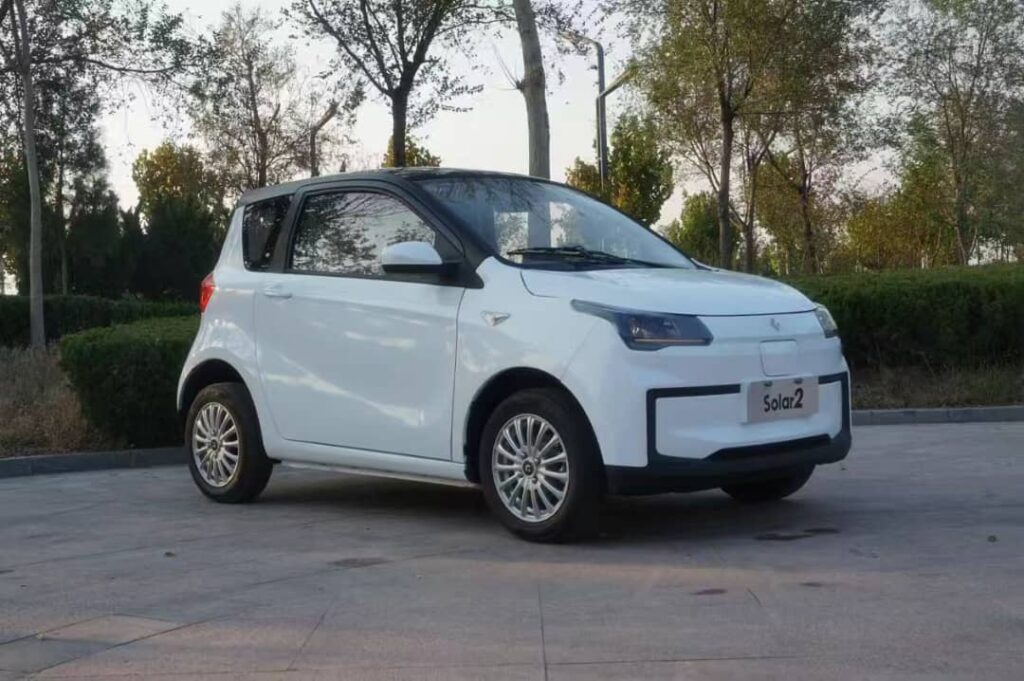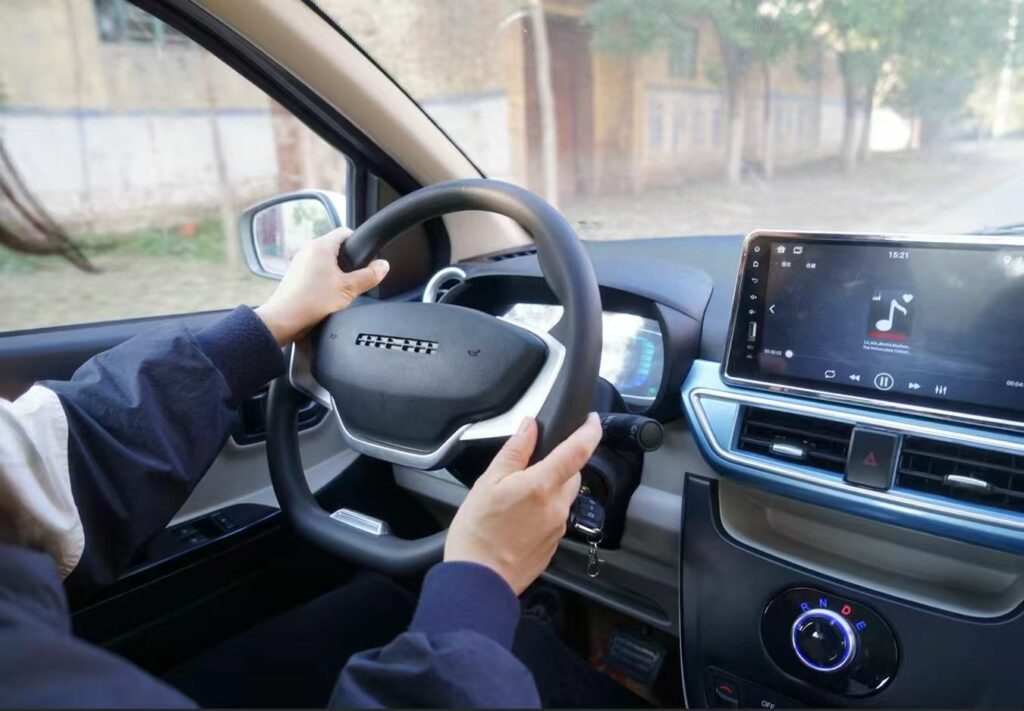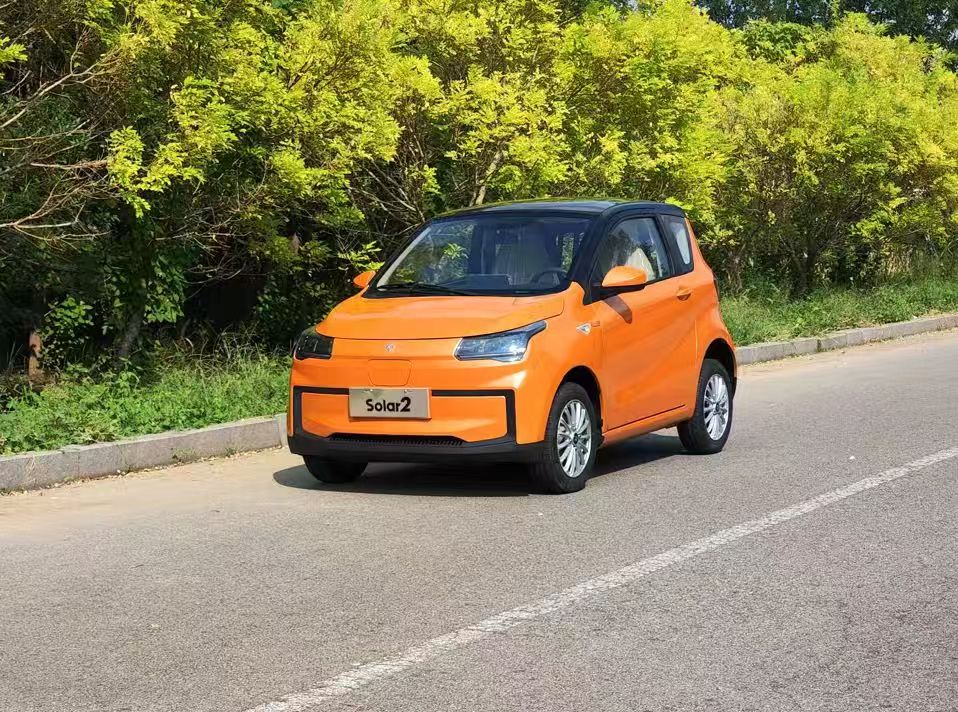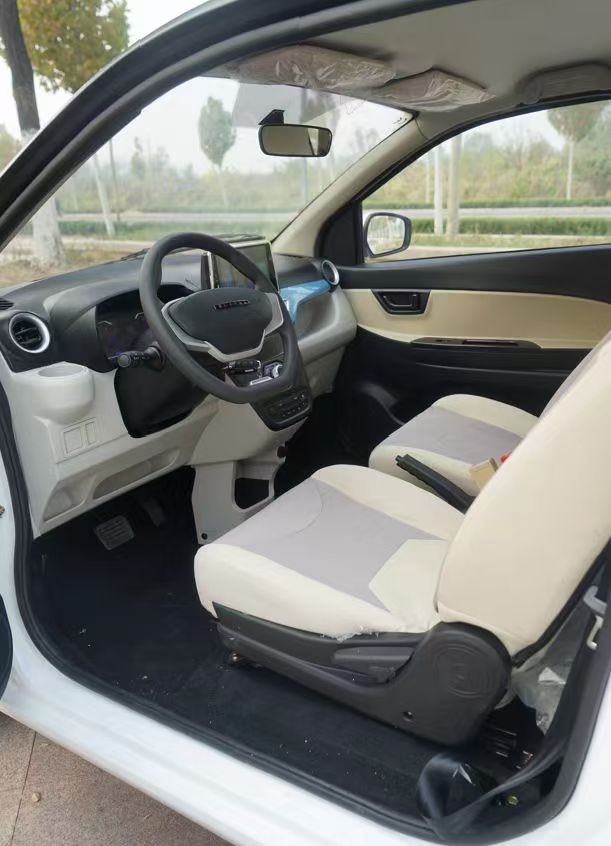The Future of Transportation with Electric Vehicles and Motorcycles
Introduction
With the rapid advancement of technology and growing global awareness of environmental challenges, a fundamental transformation is underway in the transportation industry. Electric vehicles (EVs)—including both cars and motorcycles—are no longer just futuristic concepts; they have become an integral part of modern mobility. This shift is fueled not only by environmental and economic benefits but also by the technological appeal and cutting-edge performance these vehicles offer.
Electric Motorcycles: Smart and Agile Urban Mobility
In densely populated urban environments, electric motorcycles have emerged as a modern solution for personal transportation. These vehicles are not only cost-effective and quiet but also present an excellent alternative to traditional gasoline-powered models.
Key Features of Electric Motorcycles:
- Zero Emissions: No release of toxic gases or smoke.
- Ultra-Low Noise: Ideal for residential areas and nighttime operation.
- Low Maintenance Costs: No need for complex fuel systems or oil changes.
- Convenient Charging: Rechargeable via standard home outlets.
- Instant Torque: Quick acceleration and highly responsive handling.
Common Use Cases:
- Daily urban commuting
- Food delivery and courier services
- Personal transport in high-traffic zones
Electric Cars: Revolutionizing the Driving Experience
Electric cars have become a symbol of technological innovation and sustainable development. Leading brands such as Tesla, Audi, Hyundai, BYD, and Nissan have released advanced models with smart designs and high performance, signaling the dawn of a new era in automotive history.
Distinct Advantages of Electric Cars:
- Exceptional Acceleration: Direct power transfer from motor to wheels.
- Smooth and Silent Driving: No engine noise or vibration.
- Smart Technology Integration: Features like remote control, autonomous driving, and online software updates.
- Lower Operational Costs: Fewer moving parts and reduced need for regular servicing.
- Energy Efficiency: Utilizes regenerative braking and advanced battery management systems.
Battery Technology: The Beating Heart of Electric Mobility
No matter how efficient the electric motor, it would be meaningless without a powerful battery system. Rapid advancements in battery technologies have been pivotal in the success and widespread adoption of electric vehicles.
Battery Types:
- Lithium-Ion (Li-Ion): The most common, offering high capacity and decent lifespan.
- Solid-State Batteries: An emerging innovation with enhanced safety, higher energy density, and lower weight.
- Lithium Iron Phosphate (LFP): More stable, cost-effective, and well-suited for urban electric vehicles.
Technical Highlights:
- Modern batteries deliver a driving range of 300–500 km per charge.
- Most batteries can be charged to 80% within 30–60 minutes using fast-charging systems.
- The average battery life spans 8 to 12 years depending on usage.
Global Electric Vehicle Market
The global shift toward electric mobility has transcended geographical boundaries, becoming a transformative worldwide trend. Leading nations are investing heavily in infrastructure, production capabilities, and consumer incentives.
Key Statistics:
- Global electric car sales surpassed 15 million units in 2024.
- China, Europe, and the United States are the top three markets in production and adoption.
- Over 50% of global motorcycle sales in recent years have been electric.
Leading Brands:
- Tesla: Known for software-driven innovation and models like the Model 3 and Model Y.
- BYD: A market leader in Asia with cost-effective and durable electric vehicles.
- Renault, Audi, Ford, Hyundai: Offering luxury and family EVs with advanced range and features.
Advanced Technologies in Electric Vehicles
Beyond electric powertrains, today’s electric vehicles and motorcycles are packed with cutting-edge technologies that elevate the driving experience to unprecedented levels.
Smart Features:
- ADAS (Advanced Driver-Assistance Systems): Including lane keeping, emergency braking, and adaptive cruise control.
- Cloud Connectivity: Enabling over-the-air (OTA) software updates.
- Mobile Applications: To monitor charge levels, track location, and remotely start or stop the vehicle.
- Augmented Reality (AR) Displays: Providing real-time information in the driver’s line of sight.
Sustainability and Environmental Responsibility
One of the most compelling reasons to switch to electric vehicles is their contribution to environmental preservation.
Environmental Benefits:
- Significant reduction in greenhouse gas emissions
- Decreased reliance on fossil fuels
- Improved urban air quality
- Lower noise pollution
Many automakers have committed to using recycled materials in their supply chains and to implementing battery recycling programs once battery life ends, further reinforcing their environmental commitments.
Maintenance and After-Sales Support
One of the biggest appeals of electric vehicles is the simplicity of their maintenance. With no internal combustion engine, there is no need for oil changes, air filters, spark plugs, or complex mechanical systems.
Key Maintenance Tasks:
- Routine battery inspections and Battery Management System (BMS) diagnostics
- Regular checks on electrical cables and connections
- Brake and tire maintenance (as with conventional vehicles)
- Firmware and software updates for intelligent systems
The Bright Future of Electric Mobility
The ongoing innovations and global investments in electric mobility are paving the way for a highly promising future. Several trends are set to redefine the landscape:
- Next-generation batteries offering longer range and ultra-fast charging
- Expanded charging infrastructure across cities and highways
- Fully autonomous electric vehicles
- More affordable models aimed at mass adoption
- Renewable-powered charging stations integrated into smart cities
Conclusion
As technology advances rapidly, electric vehicles are no longer just an intelligent choice—they are an essential part of a sustainable future. With their fusion of innovation, comfort, and environmental responsibility, EVs offer a lasting solution to modern transportation challenges.
Ultimately, electric motorcycles and cars are more than just vehicles—they represent a transformative lifestyle for a smarter, cleaner, and greener world.









